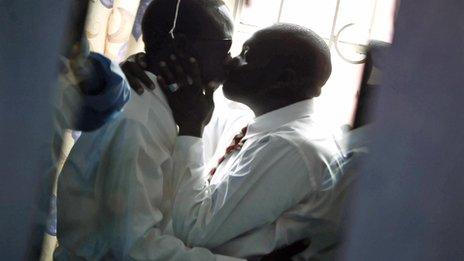Nigeria anti-gay laws: Fears over new legislation
- Published
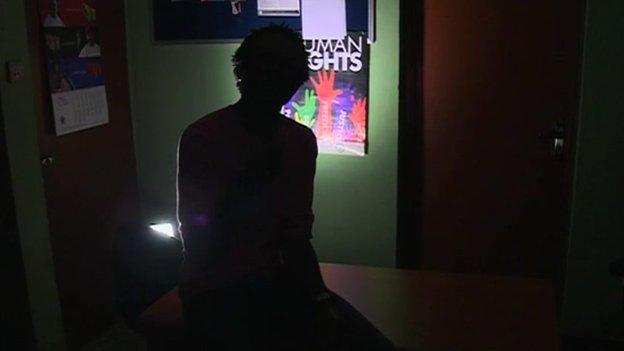
Those who go to gay clubs in Nigeria now face 10 years in jail
Gay rights activists have expressed fears about Nigeria's tightening of laws against homosexuals.
New legislation, signed into law by the president without announcement, bans same-sex marriages, gay groups and shows of same-sex public affection.
It is already illegal to have gay sex in Nigeria - now same-sex couples could face up to 14 years in prison.
Nigerian activist Bisi Alimi told the BBC the law would also affect those trying to assist gay people.
"You're not allowed to provide services to anyone who is perceived to be homosexual," said Mr Alimi, who heads the UK-based gay rights group Kaleidoscope International Diversity Trust.
"When you say that services will not be provided, what you're saying is that HIV services that are catering for men who have sex with men will have to stop," he told the BBC's Newsday programme.
The new law recommends prison sentences of up to 10 years for anyone who participates in gay clubs or organisations and for same-sex couples who publicly show affection.
"Any person who registers, operates or participates in gay clubs, societies and organisations or directly or indirectly makes public show of same-sex amorous relationship in Nigeria commits an offence and shall each be liable on conviction to a term of 10 years in prison," the Same-Sex Marriage Prohibition Act says.
'Heckled and booed'
The act, which was adopted by the Senate in 2011 and passed by the lower house of parliament last May, was signed by President Goodluck Jonathan earlier this month.
"This is a law that is in line with the people's cultural and religious inclination. So it is a law that is a reflection of the beliefs and orientation of Nigerian people," presidential spokesman Reuben Abati told the Associated Press news agency.
According to AP, the few Nigerian gay and human rights activists who tried to give evidence last year during the parliamentary debate were heckled and booed until one broke into tears and another could not be heard.
The US has also expressed its concern about the new legislation.
It dangerously restricted "freedom of assembly, association and expression for all Nigerians", US Secretary of State John Kerry said.
He said the act was "inconsistent with Nigeria's international legal obligations and undermines the democratic reforms and human rights protections enshrined in its 1999 constitution".
UN human rights chief Navi Pillay described the law as "draconian".
"Rarely have I seen a piece of legislation that in so few paragraphs directly violates so many basic, universal human rights," she said.
A number of other African nations have already made homosexuality punishable by jail sentences.
In December, Ugandan MPs passed a bill increasing sentences for homosexual acts to life in jail and making it punishable by a prison term not to report gay people.
The controversial legislation has yet to be signed into law by the Ugandan president.
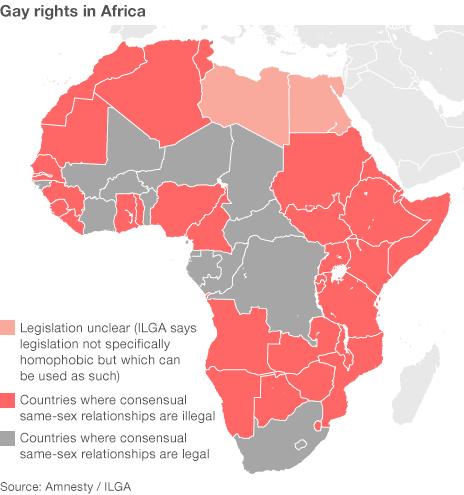
- Published2 January 2013

- Published5 December 2011
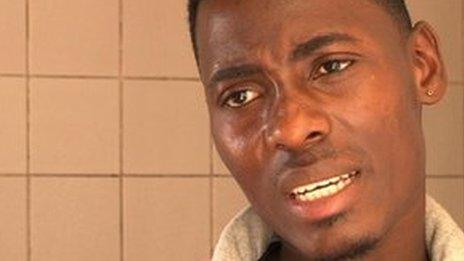
- Published28 July 2023
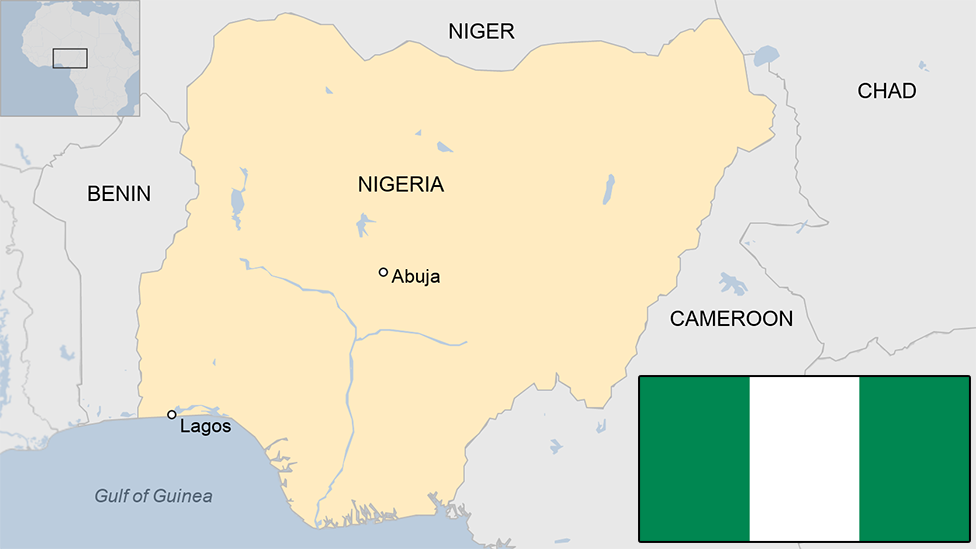
- Published7 December 2011
